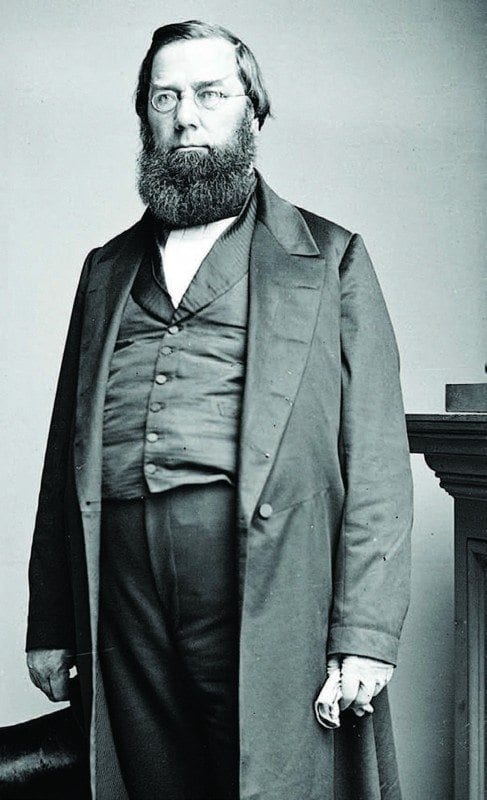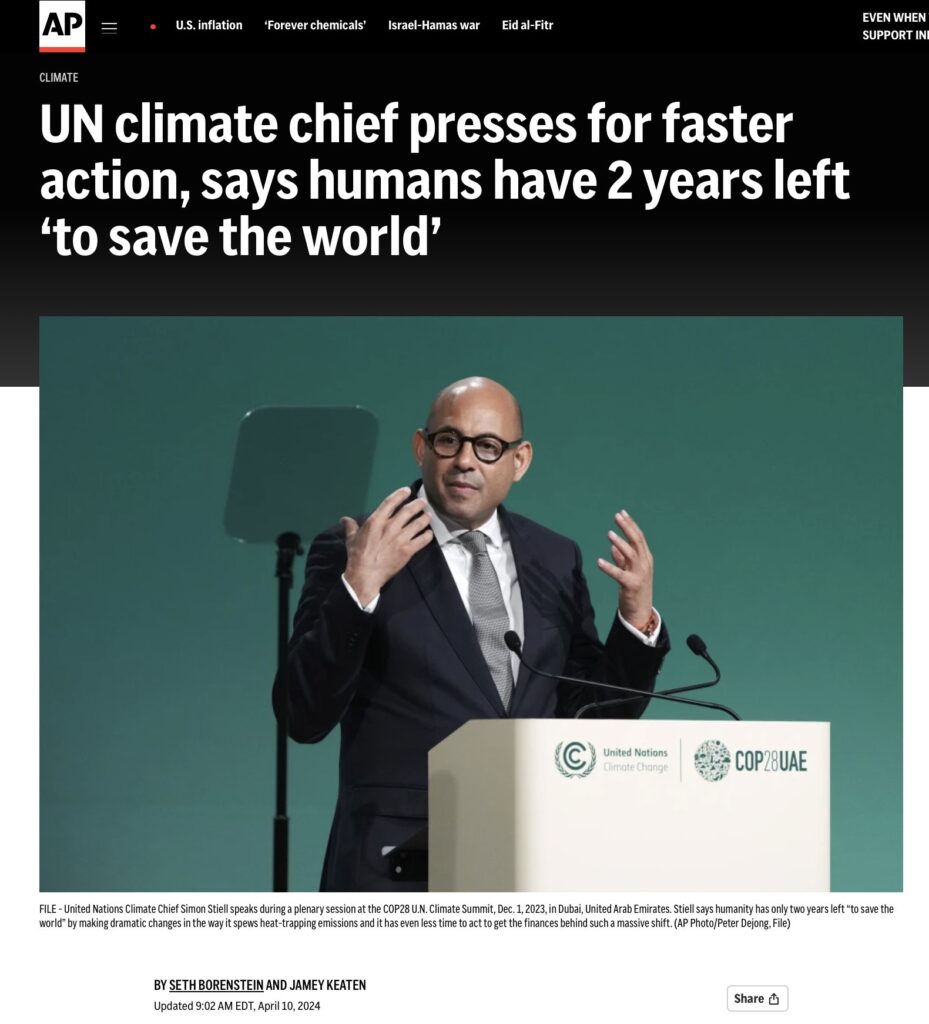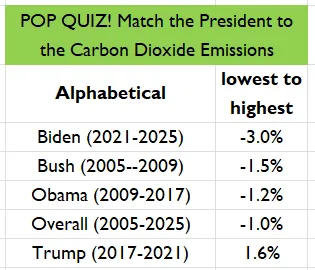OXFORD, England (AP) — Humanity has only two years left “to save the world” by making dramatic changes in the way it spews heat-trapping emissions and it has even less time to act to get the finances behind such a massive shift, the head of the United Nations climate agency said.
With governments of the world facing a 2025 deadline for new and stronger plans to curb carbon pollution, nearly half of the world’s populations voting in elections this year, and crucial global finance meetings later this month in Washington, United Nations executive climate secretary Simon Stiell said Wednesday he knows his warning may sound melodramatic. But he said action over the next two years is “essential.”
“We still have a chance to make greenhouse gas emissions tumble, with a new generation of national climate plans. But we need these stronger plans, now,” Stiell said in a speech at the Chatham House think tank in London. He suggested that climate action is not just for powerful people to address — in a not-so-veiled reference to the electoral calendar this year.
“Who exactly has two years to save the world? The answer is every person on this planet,” Stiell said. “More and more people want climate action right across societies and political spectrums, in large part because they are feeling the impacts of the climate crisis in their everyday lives and their household budgets.”
…
Not everyone is convinced such warnings will be helpful.
“‘Two years to save the world’ is meaningless rhetoric — at best, it’s likely to be ignored, at worst, it will be counterproductive,” said Princeton University climate scientist Michael Oppenheimer, who is also a professor of international affairs.
#
Full Transcript: https://unfccc.int/news/two-years-to-save-the-world-simon-stiell-at-chatham-house
Video:
Related:
#
United Nations executive climate secretary Simon Stiell: “Who exactly has two years to save the world? The answer is every person on this planet,” Stiell said.
“‘Two years to save the world’ is meaningless rhetoric — at best, it’s likely to be ignored, at worst, it will be counterproductive,” said Princeton University climate scientist Michael Oppenheimer, who is also a professor of international affairs. [Note: Oppenheimer has also served as UN IPCC Coordinating Lead Author.]
#





